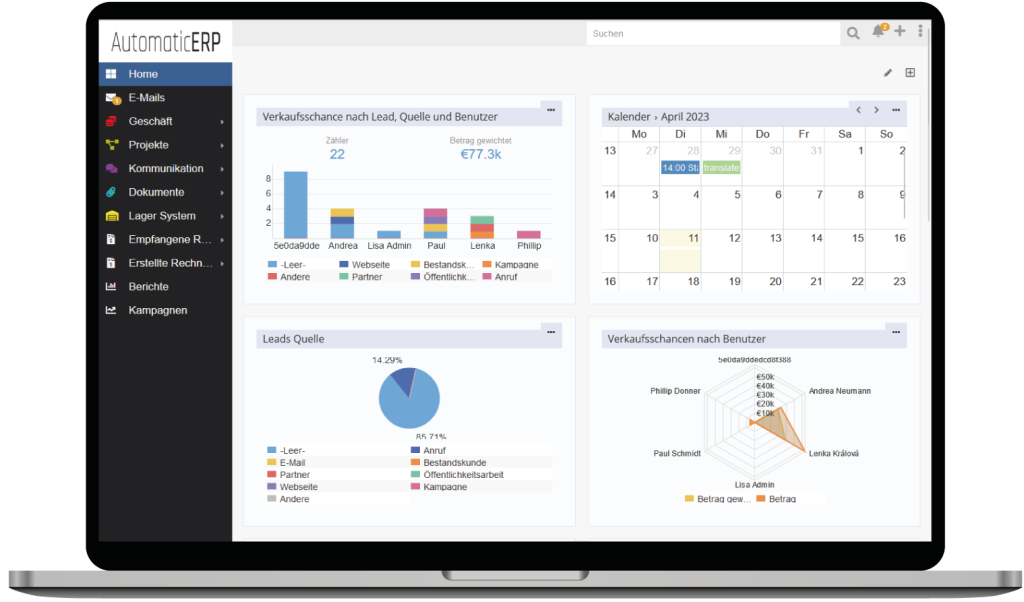Thanks to systems like Linux, the first wave of open source software was introduced in the 1980s. Programmers, hobbyists, and other fans of open source software loved the flexibility of a program that could be constantly improved and customized by a thriving community of developers and users. However, it was challenging for enterprises to imagine open source solutions supporting mission-critical applications; after all, who would trust software created as a hobby in a basement somewhere?
Despite distrust and snide comments, Linux and other open source software became widely used in the coming years. Linux wasn’t the first open source software (we consider the A-2 system to be that), but it caught on and began to be seen as a tool that allowed organizations to swap out components to suit their unique needs. Operating systems are not the only area that offers open source these days, you can find open source almost everywhere you look from PC programs and applications to huge systems like CRM and also databases. And we’re going to look at one of them today.
AutoCRM uses two kinds of databases MariaDB and MySQL now we have added PostgreSQL to our system
Using a PostgreSQL database offers advantages that are very useful for use in AutoCRM.
- Less errors: PostgreSQL is known for its high fault tolerance. This means that the database can be up and running for long periods of time without failure. In the event of a system outage or hardware failure, PostgreSQL can continue to work and keep the database running. This ensures that the data in your CRM is not lost and that users can continue to work.
- Low likelihood of data loss: PostgreSQL also has a high level of resistance to data loss. The database includes features such as backup and restore to ensure that data is safe and easily recoverable when needed. This means a higher level of stability and reliability for the system and its contents.
- More complex systems: the PostgreSQL database allows you to create a more robust system, it is adapted to manage large databases and to perform complex queries.

